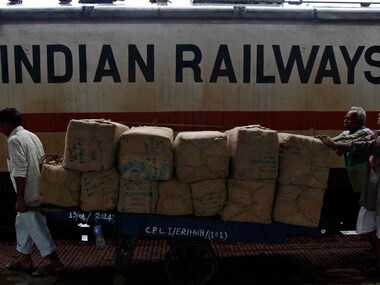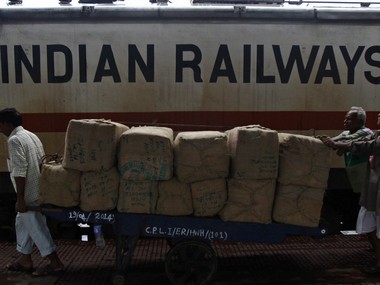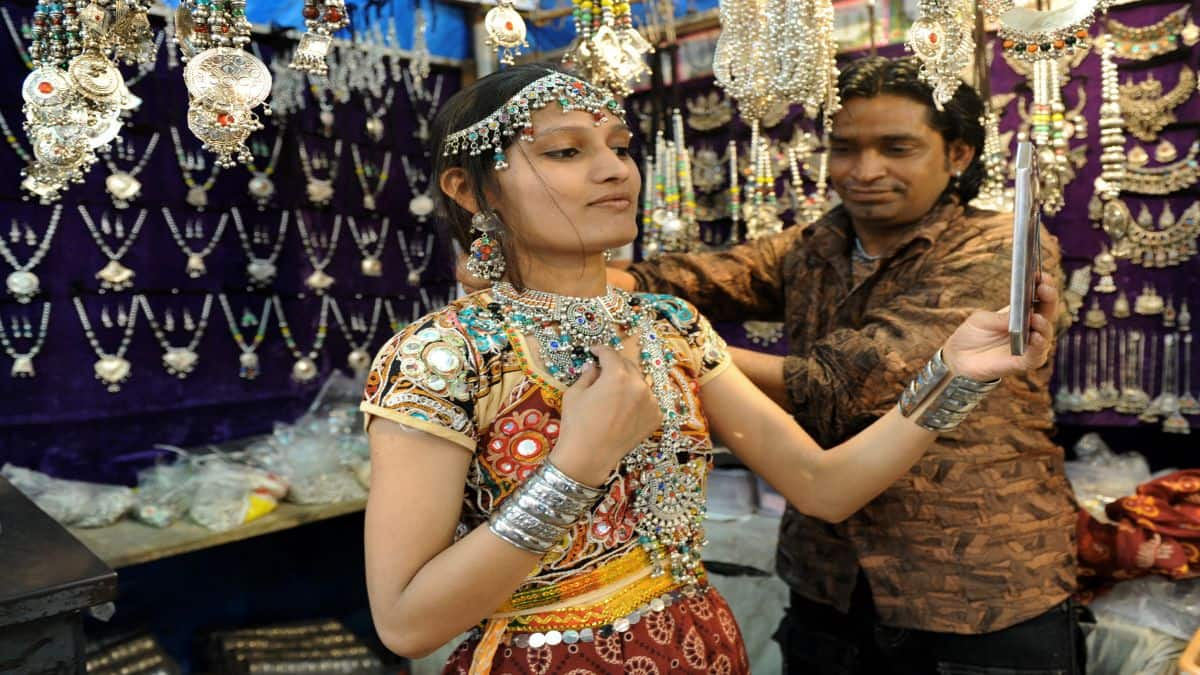Serving lakhs of meals everyday on trains is a massive logistics exercise which the Indian Railways has been undertaking as part of its customer care and service for years. Earlier, private parties used to be awarded contracts by the commercial department, for a particular route or a set of trains to provide wheels on meals, with mixed results. However, as severe criticism for poor quality of food and overcharging mounted, the railways set up Indian Railway Catering and Toursim Corporation (IRCTC) in 1999. The objectives were to give catering a distinct place in the Railways’ scheme of things. A professionally run separate organisation, not involved in the task of train operations, will be able to focus more on customer satisfaction, it was thought. [caption id=“attachment_4046785” align=“alignleft” width=“380”]  Reuters[/caption] The IRCTC’s main mandate is to upgrade, professionalise and manage the catering and hospitality services at stations and on trains. Additionally, it promotes domestic and international tourism through development of budget hotels, offering special tour packages, and disseminating information and taking up commercial publicity. Catering on Railways is carried out in a number of ways such as pantry cars, way side vending, static stalls, e-Catering etc. A complex issue with massive logistical inputs, which needs to be solved through process reforms and structural interventions. With the introduction of Shatabdi super fast intercity trains, a major initiative was taken in 1986 for setting up base kitchens at terminals and other major stations en route to load pre-packed meals on trains, which could be subsequently heated in electric ovens provided at the end of each coach. However, soon after taking over the reigns of the Railways ministry, Suresh Prabhu provided an option of eCatering for discerning passengers, who could order pre-packed food from major food chains such as McDonald , Pizza hut, Haldiram etc. which would be delivered by the respective vendors to them on board. Private parties were also encouraged to set up their own base kitchens at various stations. With the steep increase in passenger volumes over the years the number of meals now served by the IRCTC over a miilion, and with it there is more criticism of poor quality, tardy service, and overcharging. The recent adverse comments by Comptroller and Auditor General (CAG) has to be seen in this context. Now the system has turned a full circle. Suresh Prabhu before resigning has made a pardigm shift going back to meals being prepared at IRCTC’s own base kitchens, which have been now upgraded. In the earlier policy the vendor was mandated to set up a base kitchen at his expense or prepare food in the pantry cars. This often resulted in poor quality of base kitchens and lower supervision in pantry cars due to very low scale of these kitchens. Further for disbursing food on train a separate contract which ‘pays’ the contractor for his service was awarded, which would enable the contractor to overcharge customers and make up for the high license fee. Prabhu also pioneered moving away from a ‘license fee’ to a revenue sharing model. The licence fee model was flawed as the railways, after getting its ‘license fee’, had a hands-off approach. The supervision was low and the meal charges not revised regularly, incentivising the vendor to overcharge. Furthermore, catering services on all trains has now been made ‘optional’ whereby it is no longer mandatory for passengers on Rajdhani and Shatabdi trains to pay for food served on these trains. However, a provision exists for a passenger to include meals at the time of booking of his ticket. This would remove the monetary transaction between the passenger and the vendor bringing in transparency. One of the biggest loopholes was the provision of ‘a la carte’ meals on the trains. Very often the vendor would announce short supply of the ‘standard meal’ and would insist on over-priced ‘a la carte’ meal. Prabhu put an end to this malpractice with only standard meals to be served on trains, but did not reduce ‘choice’ of customer for various types of food. Coaches are being re-designed to provide adequate space for keeping food in a safe and hygienic manner, including retro-fitment of coaches of the existing ICF design to expedite this change. Rail passengers are now in for a more enjoyable and satisfying experience of a meal on wheels. The author is a former member, Railway Board.
Suresh Prabhu before resigning has made a pardigm shift going back to meals being prepared at IRCTC’s own base kitchens, which have been now upgraded
Advertisement
End of Article


)

)
)
)
)
)
)
)
)



